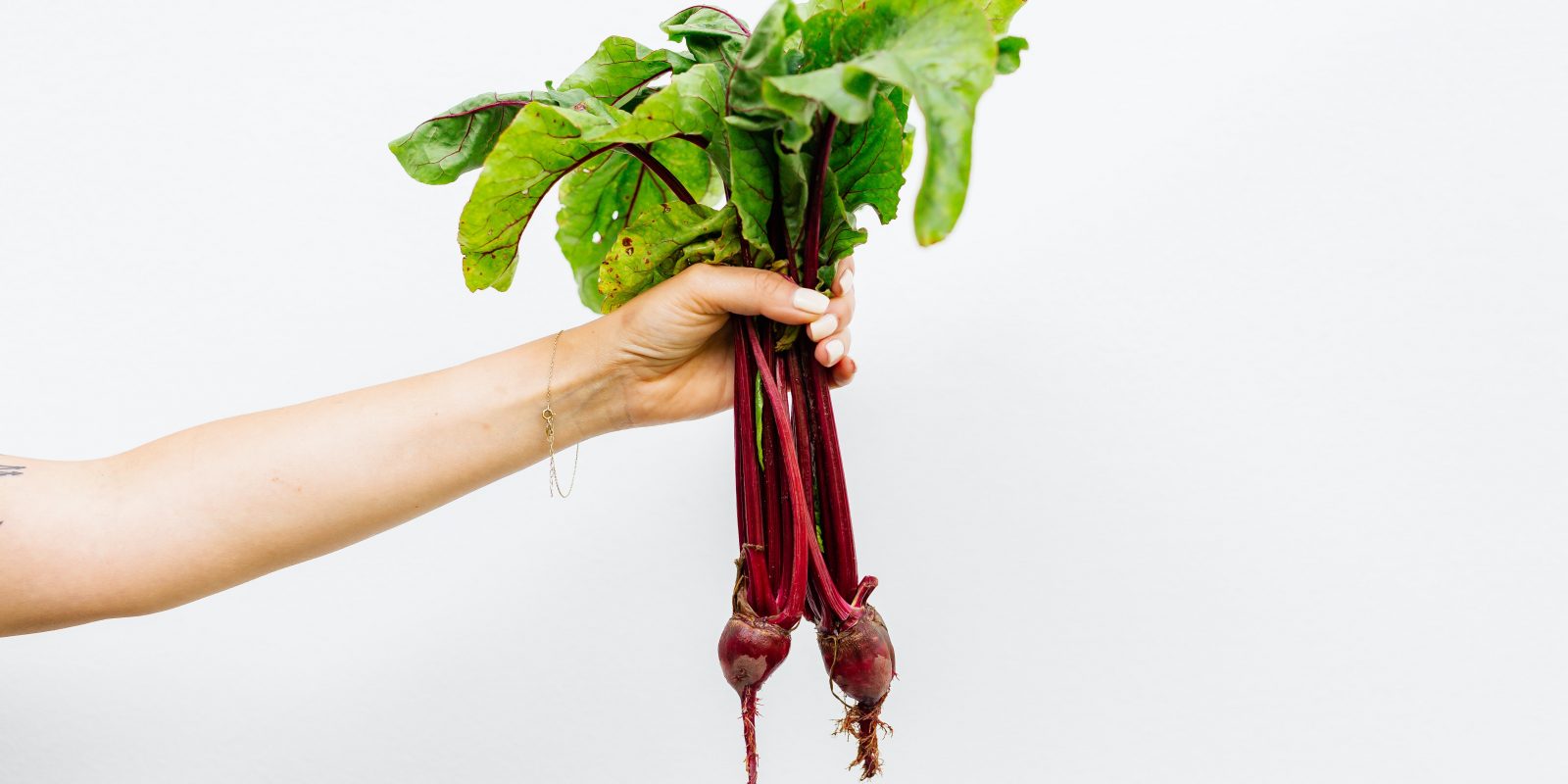
“What the Australian organic industry has done in the last thirty years matters”, says Alex Mitchell, General Manager of the first and longest-established Australian national organic industry association, NASAA Organic.
“It has made a difference to farmers who no longer use harmful chemicals, it has made the workplace safer to the people who work on the farms and it has made a contribution to the improvement of the soil, water and the environment.”
Organic standards have underpinned and celebrated the change in animal welfare codes, and organic growers have pioneered many of the practices of use in the Regenerative Agriculture movement and instigated many innovations in recyclable and sustainable packaging.
NASAA Organic has been in the forefront of discussions and review of the impacts of GMO technology adoption and the regulatory framework that approves use of chemicals.
NASAA Organic has a steady stream of requests from the media seeking the views of our members and the broader community on a broad variety of rural, environmental and health issues.
“The community recognises these issues matter to the people who buy and use the products that come from a system that has integrity and a voluntary, but stringent certification process”, Alex notes.
This has all been done in the absence of mandatory domestic regulation, or significant research and other government support, but sustained by the hard work, innovation and commitment of producers, processors, and manufacturers. These operators respect the consumer by voluntarily verifying their domestic products by taking up certification from the organisations that are accredited to an export standard or the AS6000.
Australia is well placed to grow our agricultural potential for organic production, but without domestic regulation that would place rigour around the use of the words “organic’ and ‘biodynamic”, the industry faces constant questioning of the integrity of its domestic organic industry. Many other countries now have domestic regulation in place and expect or require consistency of domestic and export regulation from their trading partners as the basis of equivalency recognition, making market access an increasingly difficult process for the Australian organic industry.
In December 2020, the Federal Minister for Agriculture, David Littleproud announced a process to review the domestic regulation. This included improving the regulatory framework to focus on growing the organic industry, increasing market access to other countries, especially our major trading partners, and reducing the need for multiple accreditations from different countries –alleviating the regulatory burden. The ultimate objectives are to save money for organic operators and their certification providers, while providing product integrity and clarity for consumers when they choose to buy organic and biodynamic products.
“We are supportive of the work the Department of Agriculture, Water and the Environment (DAWE) is undertaking in regulation and policy reform that broadens the interests of the organic sector and look forward to participating in the public consultation processes that will further inform and assist with the development,” confirms Tim Marshall, the new Chair of NASAA Organic.
Established in 1986, NASAA was the first national organic industry association in Australia and the first organic certification in the southern hemisphere. It is recognised as one of the leading contributors to organic standards around the world.
NASAA was also involved in the development of the National Standard, providing Australian businesses access to the European markets for many of their certified organic products, through an equivalency agreement with the EU.
“As industries grow with further development of products and markets, there needs to be underlying regulation to provide “the safety blanket” for integrity of process,” noted Alex.
“Social licence only has value when we can refer to something tangible, and while those certified to our NASAA Certified Organic label received global recognition as having the highest standard for organic, in a burgeoning industry, we need to provide assurance to consumers that all of Australian products labelled as organic, carry that same integrity.”
 THE NATIONAL ASSOCIATION FOR
SUSTAINABLE AGRICULTURE AUSTRALIA
THE NATIONAL ASSOCIATION FOR
SUSTAINABLE AGRICULTURE AUSTRALIA